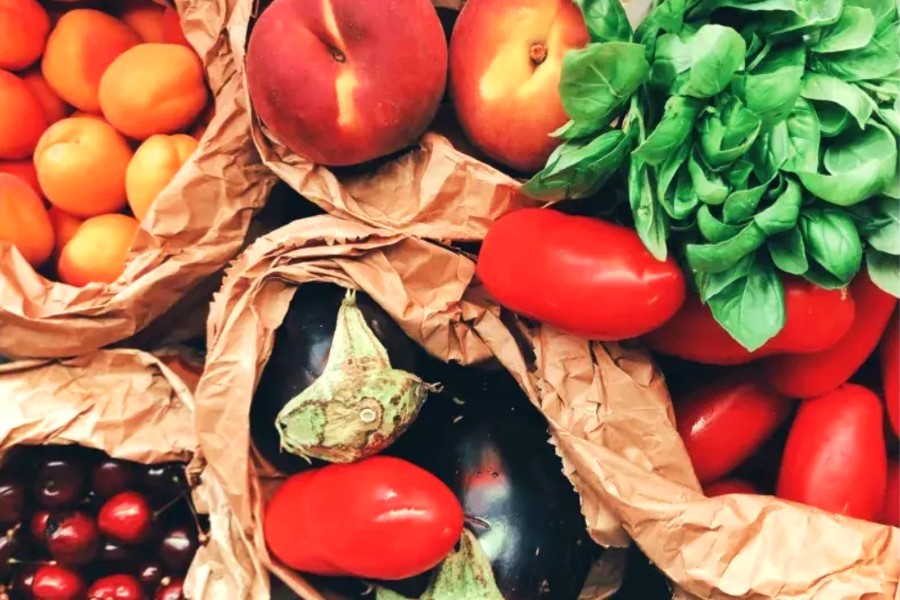
By HWM
Adding beans, chickpeas, and lentils to your daily diet could offer major health benefits, according to recent research.
These humble legumes are packed with essential nutrients that many Americans from Harlem to Hawaii are sorely lacking.
Bean Counters Rejoice: The Numbers Don’t Lie
Scientists analyzed data from nearly two decades of dietary surveys, modeling what would happen if Americans added one to two servings of beans to their daily menu. The results? A significant boost in fiber, magnesium, potassium, and iron intake.
From Zero to Hero: The Bean-efits Are Clear
Currently, the average American consumes a measly 0.1 cups of beans per day. But bumping that up to just one cup could dramatically improve overall diet quality.
Fiber: The Unsung Nutrient
Less than 10% of U.S. adults meet fiber recommendations. Beans to the rescue! These fiber-rich foods help you feel full, manage weight, and improve cholesterol, blood sugar, and gut health.
Everyday Health writes that fewer than 1 in 10 U.S. adults meet fiber recommendations.
What’s so great about the nutrient? Foods high in fiber and protein like beans help us feel satisfied or full, says Julie Garden-Robinson, PhD, a professor and food and nutrition specialist at North Dakota State University in Fargo. When part of an overall diet that’s moderate in calories and low in fat, beans can help people manage their weight, says Dr. Garden-Robinson, who wasn’t involved in the study.
The soluble fiber in beans can improve cholesterol levels, blood sugar levels, and gut health, says Elaine Hon, RD, a registered dietitian in the Stanford Medicine Diabetes Care program in Palo Alto, California.
“The short-chain fatty acids produced from the fermentation of dietary fiber in pulses help support a healthy gut microbial population and diversity,” says Hon, who wasn’t involved in the study.
Dietary fiber intake also promotes digestive health, in part by helping prevent constipation.
The Bean Swap: Out with the Bad, In with the Good
Adding beans to your diet isn’t just about what you’re gaining—it’s about what you’re replacing. Swapping beans for less healthy options like white bread or red meat can lead to significant nutritional improvements.
Going Global: Beans Around the World
From African gado gado or other dishes with spicy peanut sauce (peanuts are technically a legume, not a nut) to Indian dals and curries made with pulses such as lentils to black beans in Latin American dishes to chickpeas in Middle Eastern hummus, legumes have been dietary staples across cultures for centuries. Their neutral flavor makes them a versatile addition to countless recipes.
Bean There, Store That: Stocking Up for Success
Keep your pantry stocked with a variety of canned beans and chickpeas for easy meal additions. With a little creativity, you’ll be reaping the bean-efits in no time!
Key Takeaways
- Just one or two servings of beans daily amounts to a subtraction of less-healthy food options, leading to even more benefits.
- Beans, chickpeas, and lentils provide necessary nutrients, help with weight management, and moderate blood sugar levels, according to a recent analysis.
- Nutrients in beans such as fiber may reduce the risk of cardiovascular disease, stroke, cancer, and diabetes.
Share your good or bad experiences with beans below.
Photo credit: Source.
Become a Harlem Insider!
By submitting this form, you are consenting to receive marketing emails from: . You can revoke your consent to receive emails at any time by using the SafeUnsubscribe® link, found at the bottom of every email. Emails are serviced by Constant Contact








